Leadership

Celeste Arrington | Director
Celeste Arrington is Korea Foundation Associate Professor of Political Science and International Affairs at the George Washington University. She is the Director of the GW Institute for Korea Studies and Co-Director of the East Asia National Resource Center. She is also a Visiting Research Scholar at Princeton’s School of Public and International Affairs. Her comparative research examines public policy, law and social change, lawyers, and governance, with a regional focus on the Koreas and Japan. Other research interests include Northeast Asian security, North Korean human rights, and transnational activism. Her first book was Accidental Activists: Victim Movements and Governmental Accountability in Japan and South Korea (Cornell, 2016). She has published numerous articles and, with Patricia Goedde, she co-edited Rights Claiming in South Korea (Cambridge, 2021). Her newest book, published in 2025 in Cambridge’s Studies in Law and Society series, is entitled From Manners to Rules: Advocating for Legalism in South Korea and Japan. It analyzes the legalistic turn in Korean and Japanese regulatory style through paired case studies related to tobacco control and disability rights. She received a PhD from UC Berkeley, an MPhil from the University of Cambridge, and an AB from Princeton University. She has been a fellow at Harvard, the Institute for Advanced Study in Princeton, and the Ludwig-Maximilians-University in Munich. GW’s Office of the Vice President for Research awarded her the 2021 Early Career Research Scholar Award. Her article with Claudia Kim won the 2023 Asian Law and Society Association’s distinguished article award.
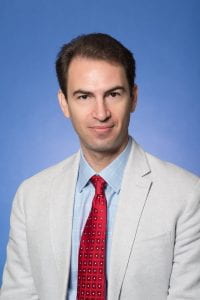
Gregg A. Brazinsky | Deputy Director
Gregg A. Brazinsky is Professor of History and International Affairs and Deputy Director of GW Institute for Korean Studies. His research seeks to understand the diverse and multi-faceted interactions among East Asian states and between Asia and the United States. He is the author of Nation Building in South Korea: Koreans, Americans, and the Making of a Democracy (University of North Carolina Press, 2007) and Winning the Third World: Sino-American Rivalry during the Cold War (University of North Carolina Press, 2017). He served as Interim Director of the GW Institute for Korean Studies during the Spring 2017 semester.
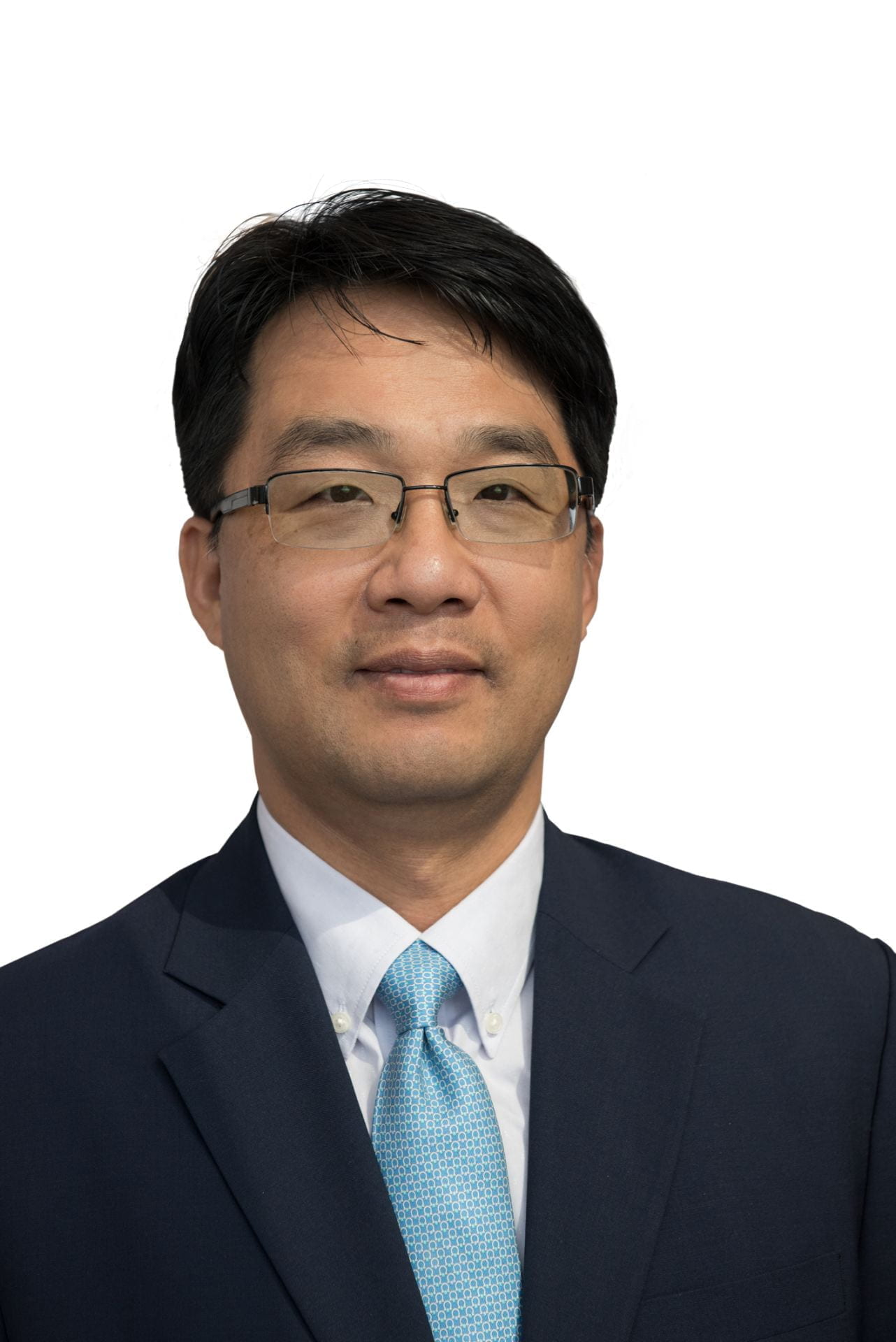
Yonho Kim | Associate Director
Yonho Kim is the Associate Director of the GW Institute for Korean Studies (GWIKS) and an Associate Research Professor of Practice. He oversees GWIKS’s Korea-related policy programs—Korea Policy Forum, North Korea Economic Forum, and GWIKS North Korea Program—fostering knowledge-sharing and network-building among experts and policymakers in Washington, Seoul, and beyond. As part of his broader portfolio, he serves as the editor for GWIKS’s flagship publication, NKEF Policy and Research Paper Series, and the US-ROK Policy Brief. He is a nonresident research fellow at the Institute for Far Eastern Studies, Kyungnam University.
He specializes in North Korea’s digital transformation and U.S. policy towards North Korea. Kim is the author of several significant works including North Korean Phone Money: Airtime Transfers as a Precursor to Mobile Payment System (2020), North Korea’s Mobile Telecommunications and Private Transportation Services in the Kim Jong-un Era (2019), and Cell Phones in North Korea: Has North Korea Entered the Telecommunications Revolution? (2014).
Kim has been widely quoted on U.S.-ROK relations, South Korean foreign policy, and North Korea by various media outlets including the Wall Street Journal, The Atlantic, U.S. News & World Report, Christian Science Monitor, Radio Free Asia, Voice of America, Yonhap News, YTN, MBC, Chosun Ilbo, NK News, BBC, France 24, Libération, 4Asia, and Veckans Affärer.
Prior to joining GWIKS, Kim extensively interacted with the Washington policy circle on the Korean Peninsula as a Senior Researcher at the U.S.-Korea Institute at Johns Hopkins University School of Advanced International Studies, a Senior Reporter for Voice of America’s Korean Service, and an Assistant Director of the Atlantic Council’s Program on Korea in Transition. He received a Dr. phil. (summa cum laude) in Korean Studies from Freie Universität Berlin, an M.A. in International Relations and International Economics from Johns Hopkins University School of Advanced International Studies, and a B.A. and M.A. in International Relations from Seoul National University.

Young-Key Kim-Renaud | Senior Advisor
Young-Key Kim-Renaud is Professor Emeritus of Korean Language and Culture and International Affairs, and Senior Advisor to the Institute for Korean Studies at George Washington University. She taught at GW for 32 years and served as Chair of the East Asian Languages and Literatures Department for the last 12 years of her tenure before retiring in 2015. She has published 13 books and numerous articles on Korean language/linguistics and Korean culture, history, and literature. She was President of the International Circle of Korean Linguistics (1990-1992) and Editor-in-Chief of its journal, Korean Linguistics (2002-14). Organizer of major cultural and academic events, she is the recipient of prestigious grants and prizes including three Fulbright awards, the Republic of Korea Order of Cultural Merit, and the Samsung Bichumi (Women of the Year) Award in Korea. She currently serves as President of the Korean Literary Society of Washington. (See her most recent CV)
Core Faculty
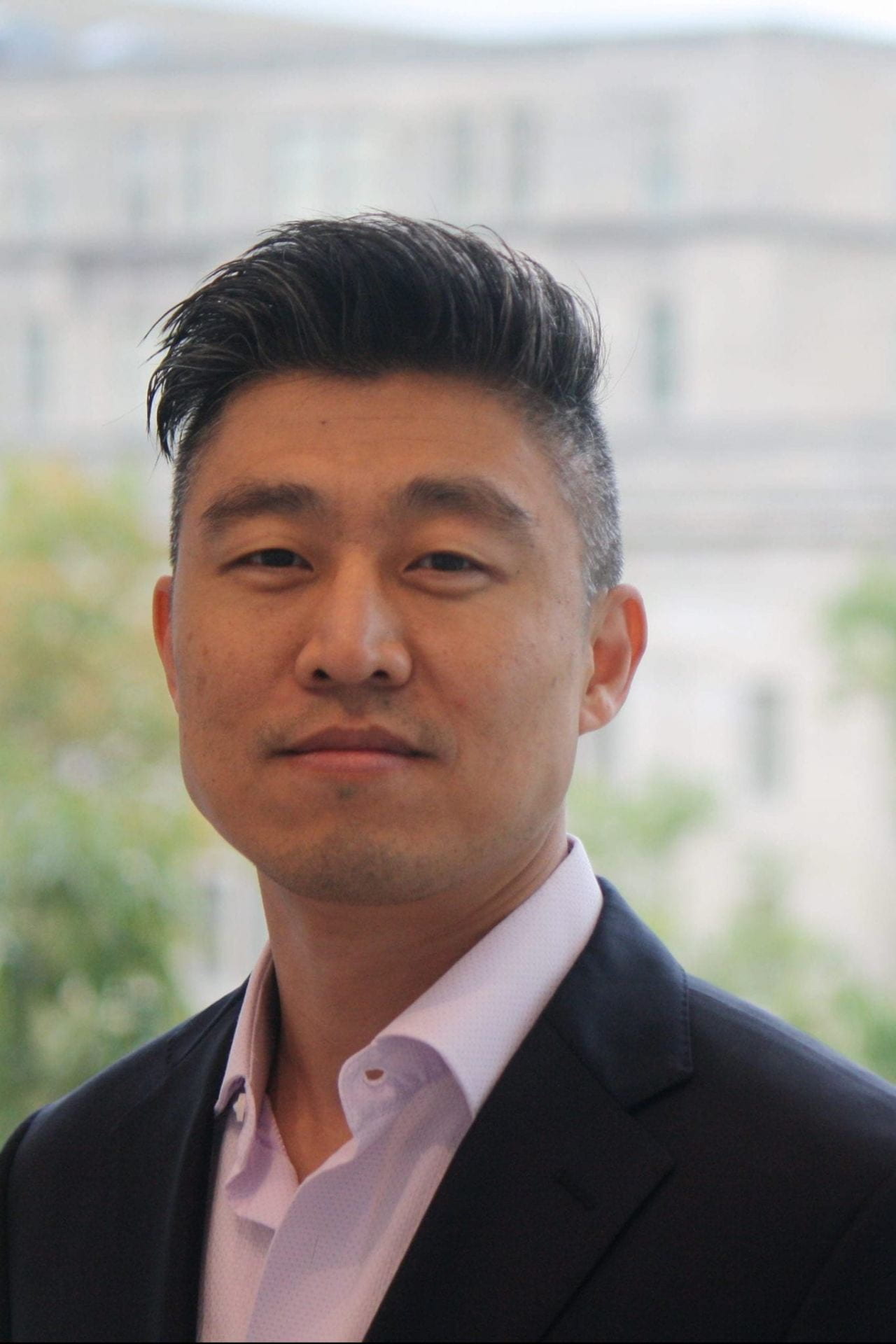
Immanuel Kim | Korea Foundation and Kim-Renaud Associate Professor of Korean Literature and Culture Studies
Immanuel Kim is Korea Foundation and Kim-Renaud Associate Professor of Korean Literature and Culture Studies in the Department of East Asian Languages and Literatures. Prior to working at the George Washington University, he was Assistant Professor in the Department of Asian and Asian American Studies at Binghamton University (SUNY). His first book, Rewriting Revolution: Women, Sexuality, and Memory in North Korean Fiction (2018), examines North Korean literature, and his second book, Laughing North Koreans (2020), looks at North Korean comedy films. He also translated a novel from North Korea called Friend (2020).
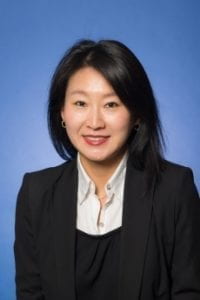
Jisoo M. Kim | Korea Foundation Associate Professor of History, International Affairs, and East Asian Languages and Literature
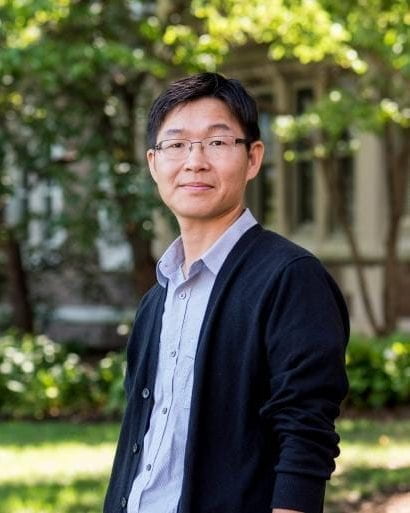
Insung Ko | Teaching Assistant Professor in Korean Language
Insung Ko is Teaching Assistant Professor in Korean Language in the Department of East Asian Languages and Literatures at the George Washington University. He used to teach Korean language at various levels at Washington University in St. Louis, Middlebury School of Korean, and University of Michigan. His research interests are in Korean linguistics, second language phonetics, second language pedagogy, and language testing.
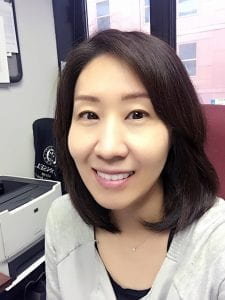
Miok D. Pak | Assistant Professor of Korean Linguistics and Language
Miok D. Pak is Associate Professor of Korean Linguistics and Language in the Department of East Asian Languages and Literatures at George Washington University. She received her PhD in theoretical linguistics from Georgetown University. Her research covers a wide variety of topics in syntax, semantics and pragmatics and their interfaces. She has several publications in major linguistics journals on topics such as clause types, interpretation of the subject in jussive clauses, speaker and addressee and their social relations in syntax and semantics, honorifics and politeness and their grammatical change. She published a co-edited volume, Speaker, Addressee, and Social Relation (Glossa Special Collections 2022) and co-authored The Routledge Courses in Business Korean (Routledge 2019).
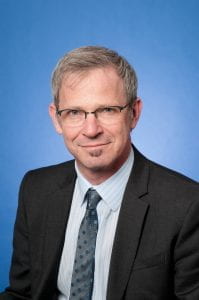
Roy Richard Grinker | Professor of Anthropology, International Affairs, and Human Sciences
Roy Richard Grinker is Professor of Anthropology, International Affairs, and Human Sciences at the George Washington University. He is a cultural anthropologist specializing in ethnicity, nationalism, and psychological anthropology, with topical expertise in autism, Korea, and sub-Saharan Africa. He has conducted research on a variety of subjects: ethnic relationships between farmers and foragers in the Ituri forest, Democratic Republic of Congo; North and South Korean relations, with special emphasis on North Korean defectors’ adaptation to South Korea life; and the epidemiology of autism. In addition, he has written a biography of the anthropologist Colin M. Turnbull and his new book Nobody’s Normal: How Culture Created the Stigma of Mental Illness (W.W. Norton). He was Interim Director of the GW Institute for Korean Studies for the Fall 2016 semester.

YoungJu Shin
Dr. YoungJu Shin has been dedicated to extending the scope of health communication and prevention intervention with the focus of culture. Her research intersects with four main areas: 1) substance use and other risky behavior prevention, 2) implementation quality and effect of prevention interventions, 3) media effect and narrative persuasion, and 4) immigrant health and communication. Her research appears on top-tier communication and public health journals, including American Journal of Community Psychology, Computers in Human Behavior, Communication Monographs, Health Communication, Health Education Research, Journal of Adolescence, Journal of Applied Communication Research, Journal of Health Communication, Journal of Immigrant and Minority Health, Journal of International and Intercultural Communication, Journal of Language and Social Psychology, Journal of Social and Personal Relationships, and Prevention Science

